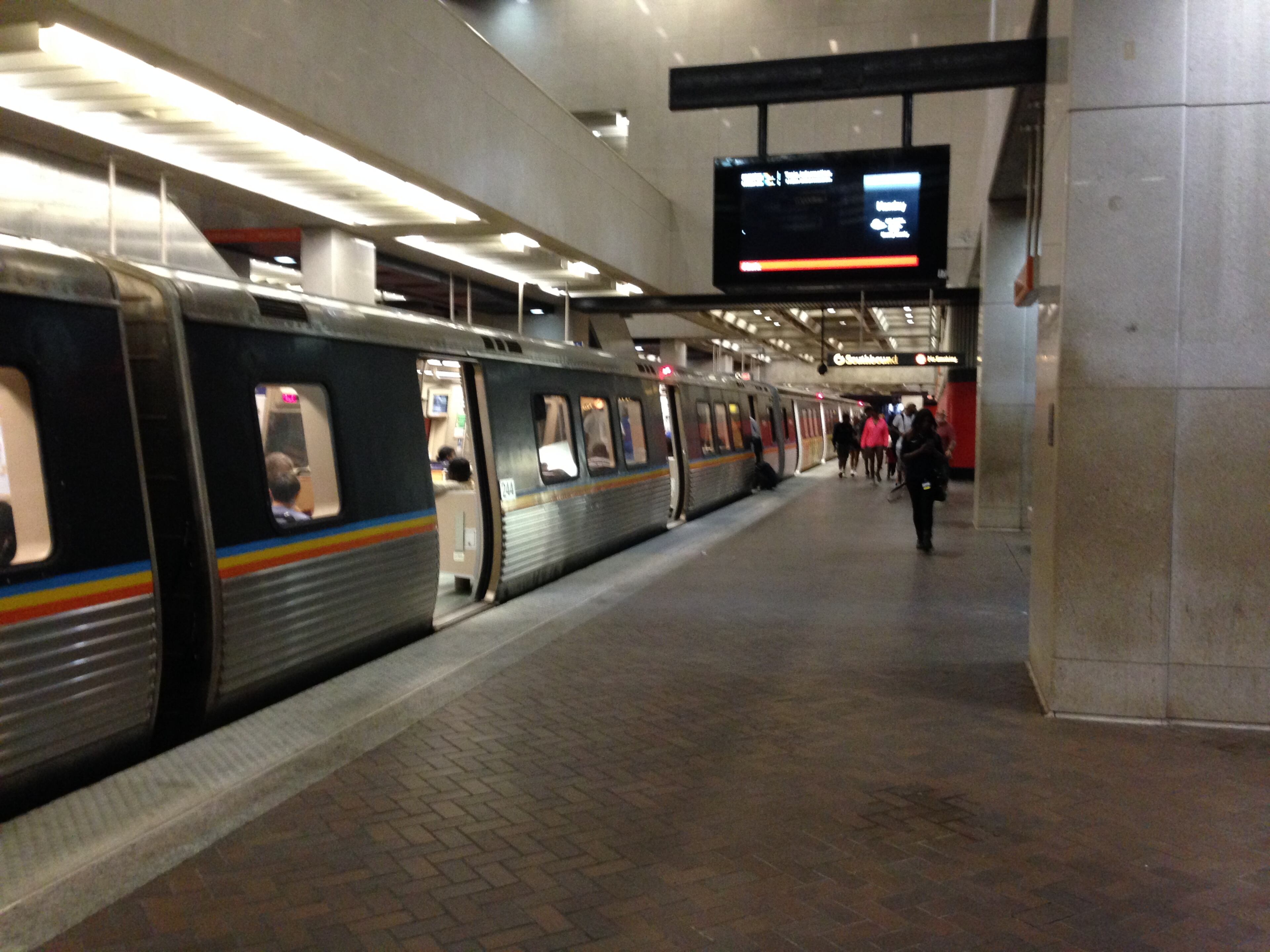MARTA will lobby for a sales tax increase

A sudden move by Democratic state lawmakers to allow Fulton, DeKalb and Clayton counties to levy an additional half-percent sales tax for MARTA stalled the same day it was introduced on the second-to-last day of the legislative session.
But that won't be the last you hear of the proposal. MARTA Board Chairman Robbie Ashe said recently that the transit agency will be lobbying hard for lawmakers to let the counties in its jurisdiction vote on a half-penny hike in the upcoming 2016 session.
"Over the weeks and months to come, we are going to keep beating this drum," Ashe said.
MARTA's expansion plans include three major projects: a $2.4 billion heavy rail extension along Ga. 400 to Windward Parkway in Alpharetta; a $1-to-$2 billion light rail system along the Emory/Clifton Corridor; and a $2.5 billion heavy rail extension along I-20 East to Stonecrest Mall.
Daily ridership estimates for the three projects are 23,700, 24,000 and 55,000 respectively.

Currently there's no money to fund any of these projects.
The state Legislature did approve a one-time appropriation of $100 million in bonds for transit this year, but that money will be divided among all the transit agencies in the state. It won't come close to approaching the billions needed to lay new rail tracks.
What MARTA really wants is a dependable long-term funding stream it can bond against and use as a local match to draw down federal grant dollars.
In Fulton and DeKalb alone, a half-cent sales tax increase would generate enough money to fund all three expansion projects, and possibly even help jump-start transit along the Beltline if it attracted an additional federal match, Ashe said.
His remarks came during a MARTA Development Day on May 5 that was attended by hundreds of business people, developers and investors interested in building near MARTA stations.
"You all need to be told what that kind of investment, that kind of construction activity and all the potential developments centered around dozens of new stations would mean for our future," Ashe said. "But here’s the truth. We won’t build a single one of those stations, we won’t build our rail one inch, if we don’t get a new long-term revenue stream. We just won’t have the money for it."
